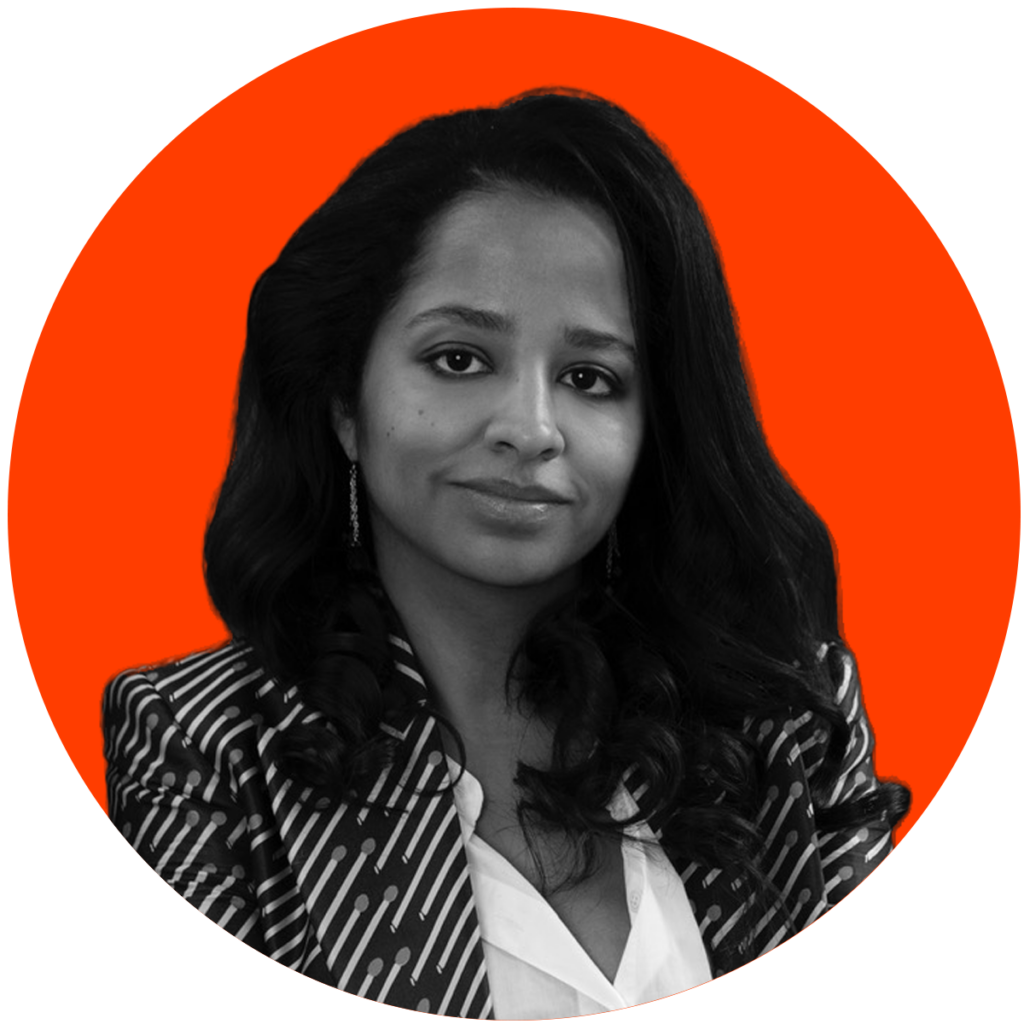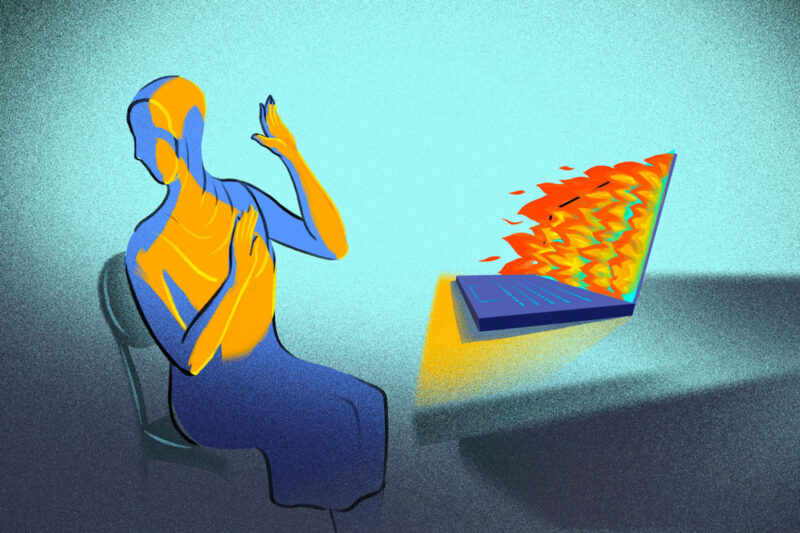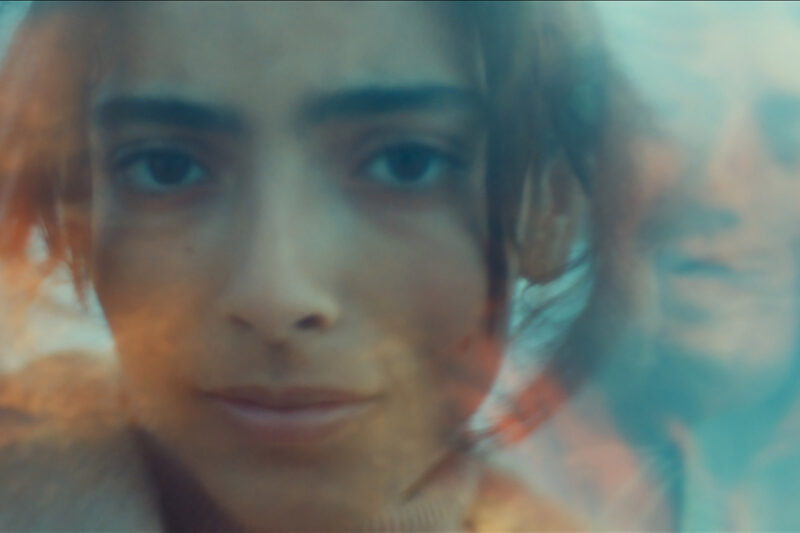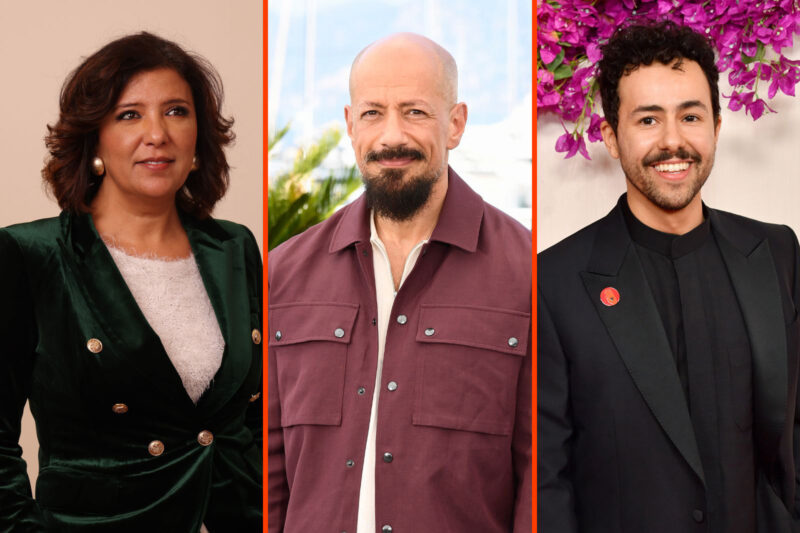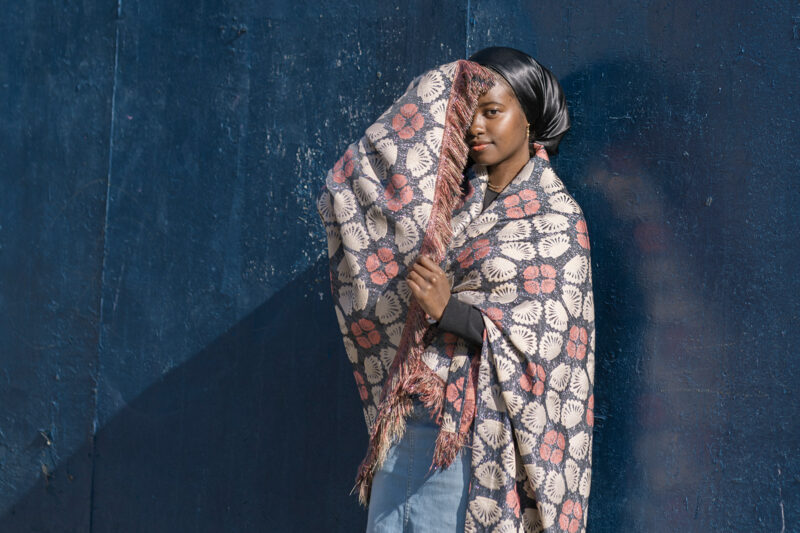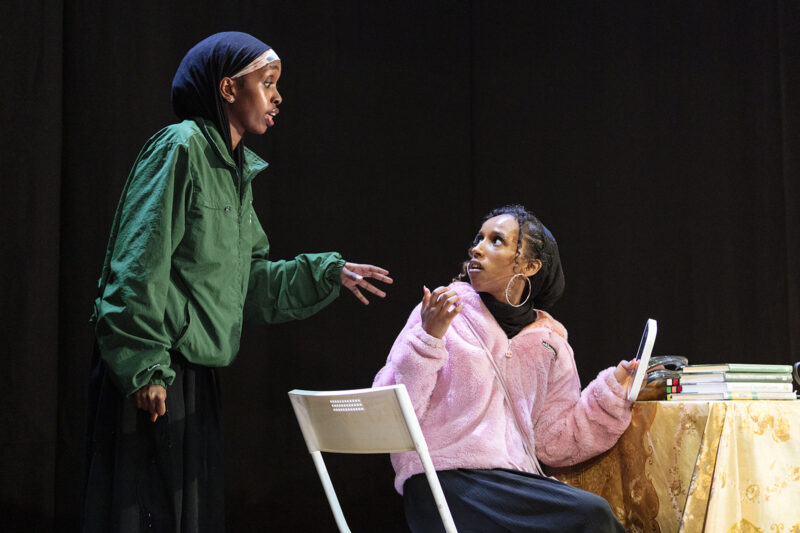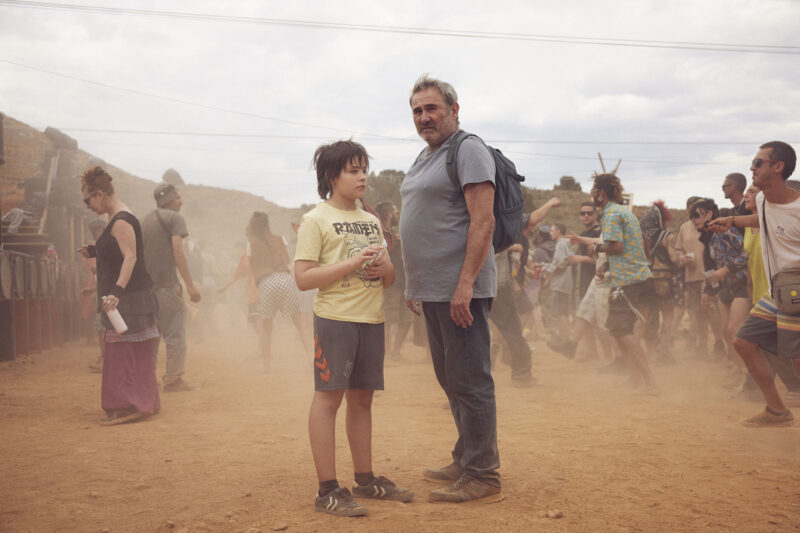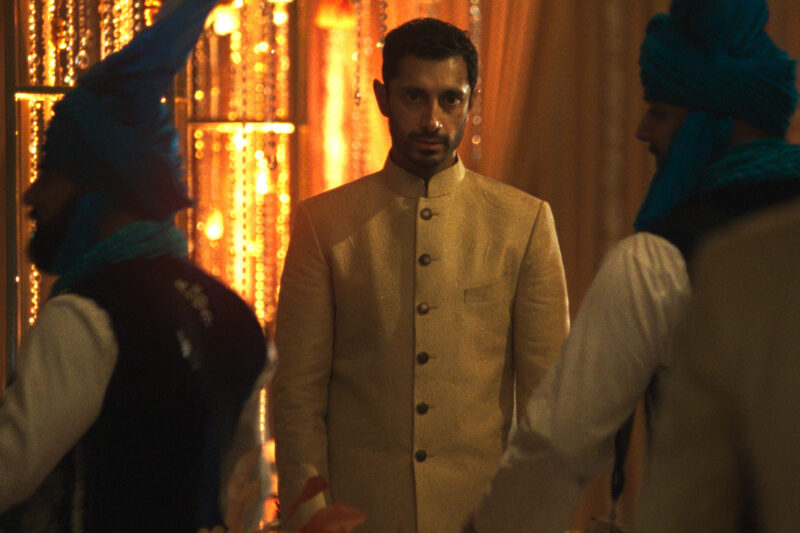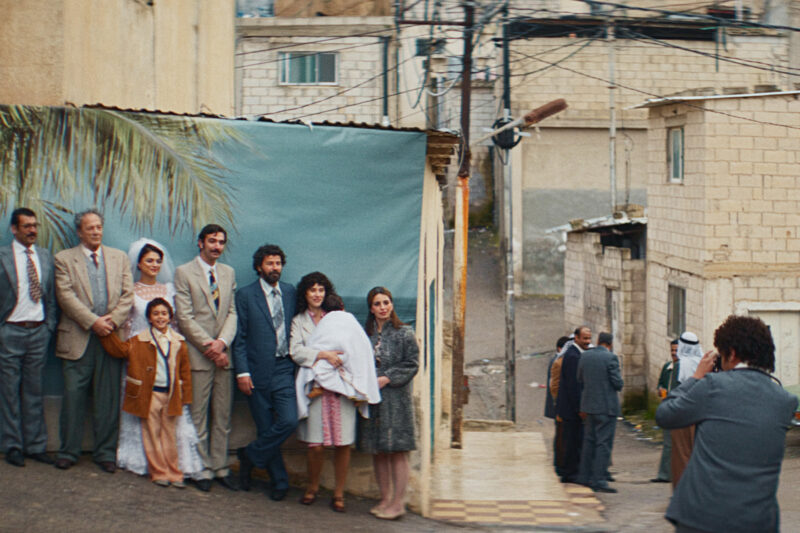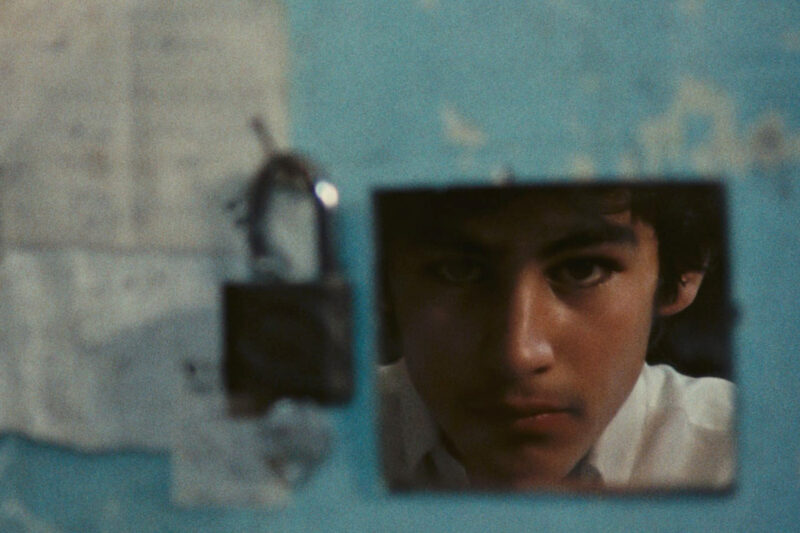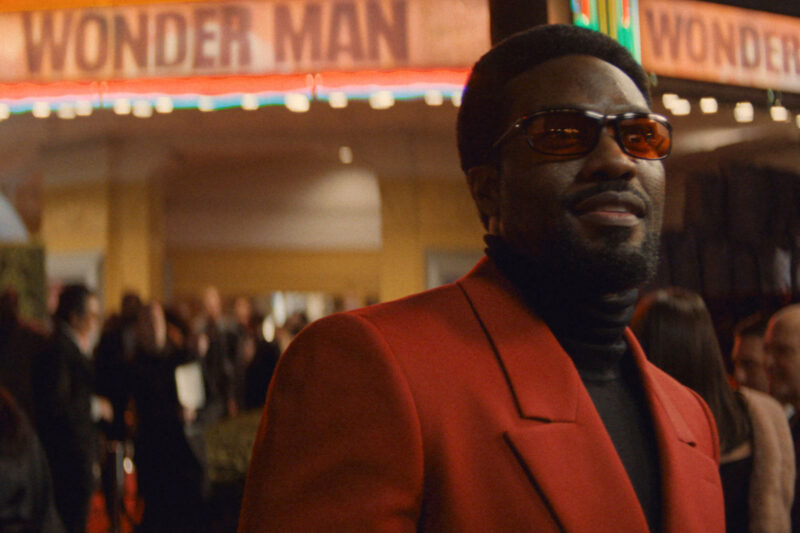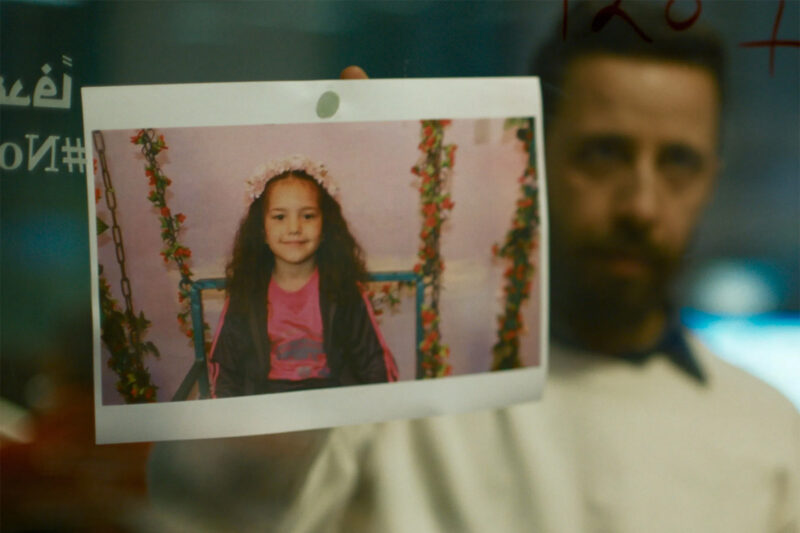Somali reality TV stars have boldly defied assumptions in one of the most ethically dubious areas of culture
Big Brother’s Hanah, and Real Housewives’ Chanel Ayan and Ubah Hassan, fast became fan favourites in a genre of TV where Muslim representation has been negligible
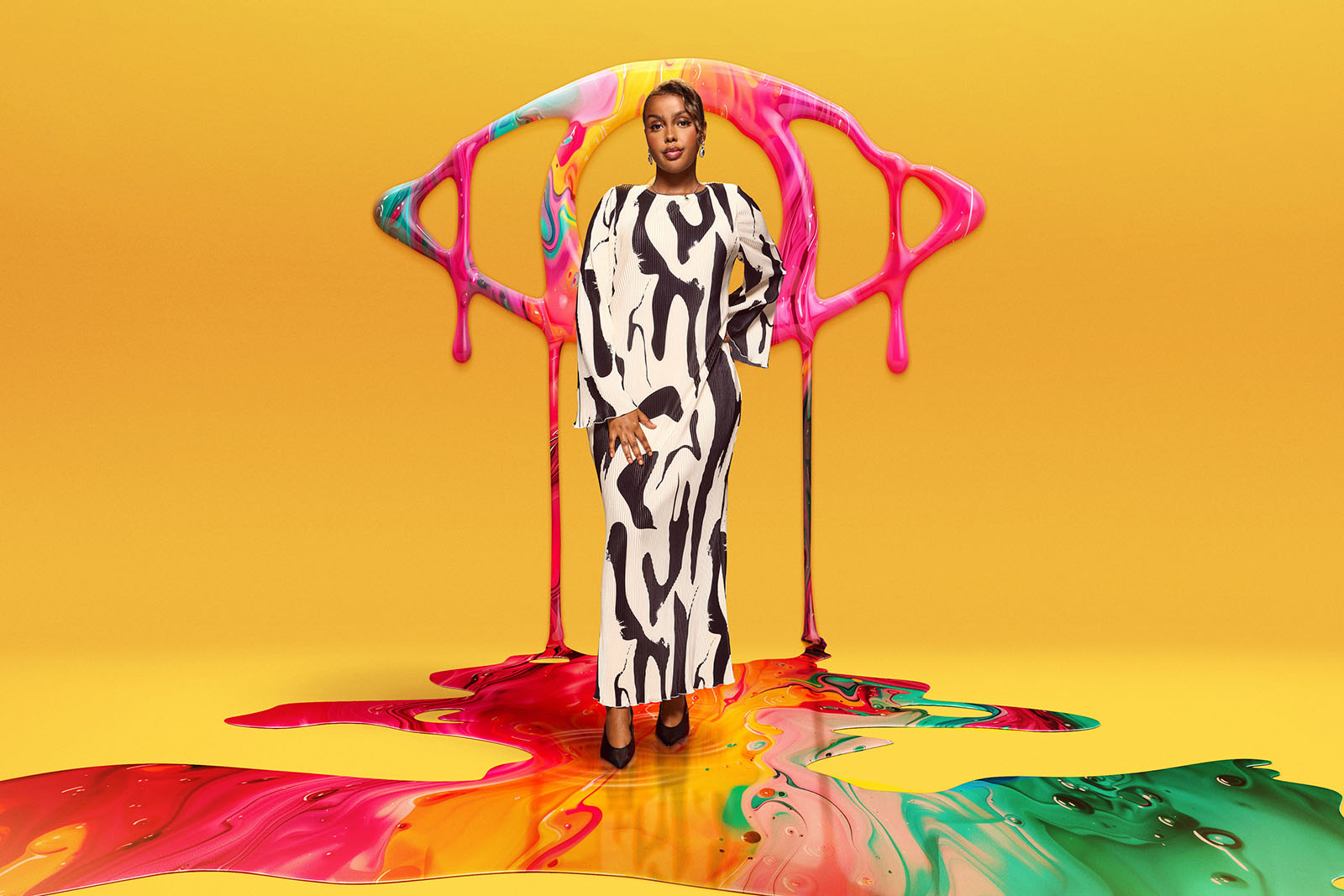
When it comes to culture, not all forms are created equal. For all that people should be free to like what they like, it’s hard to argue that an evening spent watching reality TV is just as worthwhile as reading a classic novel — particularly since the genre has been filled with celebrities chomping down on kangaroo testicles for our amusement, problematic behaviour and serious safeguarding issues surrounding contestants’ mental health.
But even knowing its many problems, I must confess, I love reality TV. Almost every morning commences with a quick glance at a new episode of Real Housewives or 90 Day Fiance while I make breakfast for my family, and nothing quite beats sitting around on the weekend with a mug of tea and a new episode of Strictly Come Dancing.
With all the outrageous behaviour and drunken antics that make up so many of these shows, Muslim representation has been relatively thin on the ground. That’s why Hanah, a 24-year-old Somali HR consultant from west London, on the latest season of Big Brother has captured so much attention. It doesn’t hurt that she’s proven to be hilarious, ranting in the diary room over “basic” rations that don’t include Coco Pops and therefore don’t meet her “boughetto” lifestyle. But she also stands up for herself when people disrespect her and mislabel her passion for politics as aggression, drawing a firm line when a Ukip-supporting housemate made jokes about the Conservative party’s pledge to “stop the boats”.
Beyond politics she has also found herself in the middle of a very chaste love triangle with fellow housemates Segun and Khaled, where she’s firmly maintained her boundaries. Both men are clearly smitten with Hanah but she steadfastly and eloquently insists she has no interest in dating a non-Muslim, and says she sees both of her suitors in nothing more than platonic terms. Hanah has carved herself out as a fan favourite in a genre which has not always been hospitable to Black Muslim women.
She’s also found support from one of her few Somali reality TV colleagues, Chanel Ayan, the star of The Real Housewives of Dubai, which wrapped up in September. Throughout the series Ayan found popularity among viewers as a true eccentric, a runway model who speaks five languages and showed up to a round of golf in Dubai in a feathered ball gown. Her quips were a highlight of the show with lines such as: “Be careful who you surround yourself with. You might pick up their fashion sense.” Or when she upset her fellow castmate Caroline Stanbury, deadpanning to camera: “Thank God I’m not in the 1800s. I made a white woman cry.”
Ayan also spoke about weightier topics, including her own experience of female genital mutilation and her ongoing trauma. She wept while recalling that she believed she was just going on a vacation to Kenya to visit family as a child, but had her legs strapped down and labia stitched together.
The subject is the ultimate taboo and, while Ayan has been seemingly happily married for more than two decades and is so close to her son that she repeatedly threatens to move into his college dorms, she still disclosed her rarely discussed, but all too common experience of brutality, explaining: “I want to help stop it. This is a sexual abuse to young kids who have no power to speak for themselves.” It was a powerful, intimate moment in a show that rarely addresses such difficult issues, hopefully signifying a change in this genre of TV.
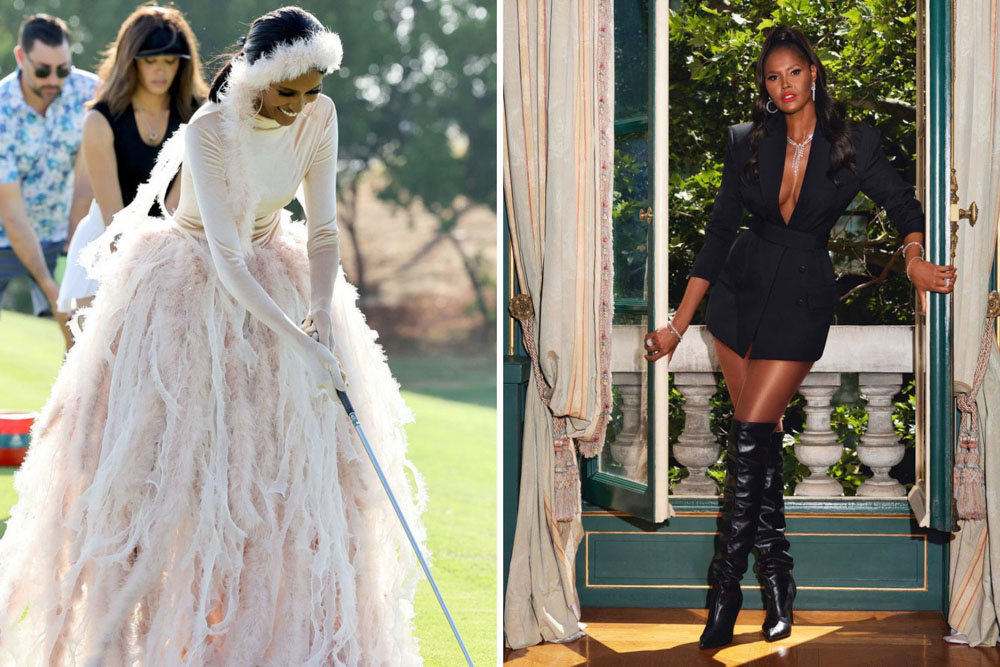
On the other side of the world, meanwhile, Ayan’s cousin Ubah Hassan is helming the second season of the rebooted Real Housewives of New York City, which began in October.
The proudly Muslim, six-foot-tall model stands out from her castmates in several ways, including being sober in a franchise that’s used to seeing its cast falling out of bars. Hassan comes across as more poised and together than her fellow real housewives, albeit still willing to be messy enough to produce scintillating reality TV drama.
But early on in the season she found herself at the centre of a media storm, chastised by fellow castmate Brynn Whitfield, who commented that Hassan needed to make sure to not come across as an “angry Black woman”, otherwise her fiance would not want to marry her.
Of course, this treatment is unacceptable and Whitfield has since apologised. However, it does all speak to the artifice around reality TV — all of these women are at the mercy of the edit, controlled by producers who can sculpt their appearance on screen as more aggressive or unpleasant than they really are in order to give the public what they want. Reality TV is plagued by the storytellers and producers who are manipulating lines and people to build drama and tension for public entertainment. As much as it is a lightweight breakfast accompaniment, for me it also comes with a bitter aftertaste of perhaps being complicit in your own culture’s degradation.
This unnerving context is what makes the warm reception received by Hanah, Chanel and Ubah all the more remarkable. Against all odds, in one of the most ethically dubious areas of culture, they’ve come across as bold and brave individuals who defy many all-too- common assumptions about Somali women.
Being an ethical consumer extends into culture, too. Whether it’s film, music or TV, we should endeavour to engage with things that are not born of abuse or that reinforce harmful stereotypes. I’m not about to give up on all of my problematic reality TV faves — in troubled times we sometimes lean even harder on our guilty pleasures — and at least this year I got to see some sparks of hope, even if Hanah was denied her Coco Pops.
 Newsletter
Newsletter

